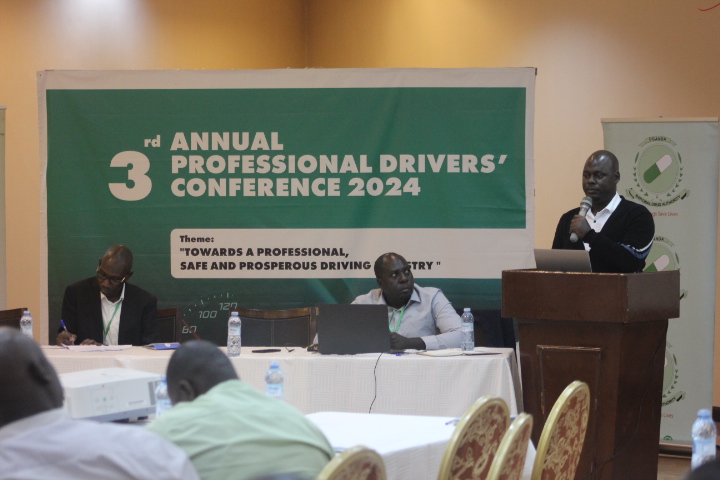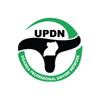
Continuous Professional Development -CPD
The Uganda Professional Drivers Network (UPDN) recognizes the critical role professional drivers play in ensuring road safety and promoting responsible driving practices. To support this endeavor, UPDN provides Continuous Professional Development (CPD) training programs for drivers, aimed at enhancing advanced drivers’ professional skills, knowledge, and understanding of road safety.
Why the Continuous Professional Development (CPD)
CPD training is essential for professional drivers, as it enables them to stay up-to-date with the latest road safety professional practices, regulations, and technologies. By participating in CPD programs, drivers can:
- Enhance Road Safety: Develop the professional skills and knowledge needed to prevent crashes and ensure road safety.
- Improve Defensive Driving Skills: Learn advanced defensive driving techniques to anticipate and respond to potential hazards on the road.
- Improve Professionalism: Demonstrate their commitment to professionalism and excellence by staying current with industry developments.
- Increase Confidence: Boost their confidence behind the wheel, enabling them to handle complex driving situations with ease.
- Expand Employment Opportunities: Open up new employment opportunities and advance their careers.
CPD training also benefits employers and transport managers by:
- Reducing Liability: Minimizing the risk of accidents and associated costs.
- Improving Fleet Safety: Enhancing the overall safety record of their fleet.
- Increasing Productivity: Reducing downtime and improving driver efficiency.
- Enhancing Reputation: Demonstrating a commitment to safety and professionalism.

UPDN's CPD Training Program
UPDN’s CPD training program is designed to meet the unique needs of professional drivers in Uganda. Drivers are taken through a comprehensive training modules that cover a range of topics, including road safety, vehicle maintenance, and professional driving practices including:
- Defensive Driver Training: Drivers learn advanced defensive driving techniques to anticipate and respond to potential hazards on the road.
- VIP and Protocol Driver Training: Drivers learn the skills and protocols required to safely and efficiently transport high-profile individuals.
- Driver Practical and theatrical assessments: The program features interactive learning sessions, including discussions, quizzes, and hands-on training exercises.
- Special Operator Training: Lifting operations and construction operations
- Specialized Driver Training: For industries like oil and gas, construction, logistics, and transportation
- Customer Care and Communication Skills: For professional drivers
- Exchange Programs: For professional drivers to share best practices and learn from others

